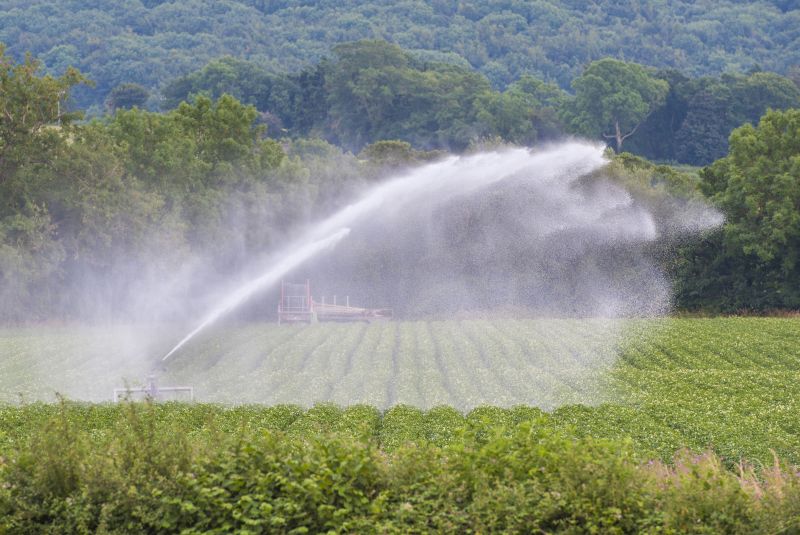
Defra may give the Environment Agency increased powers so that it could vary or revoke abstraction rights without having to offer compensation to farmers, according to the NFU.
These powers could be used where the agency identifies a risk of future environmental harm arising from water abstraction.
The plans are in a Defra consultation which sets out a series of proposals relating to the long-term and strategic management of water, and designed to build the UK's resilience to future droughts and floods.
The government is shifting its approach to strategic water planning with the creation of regional, multi-sector groups charged with the responsibility of creating regional water plans.
Defra wants to give regional plans a legal basis to link them to water company plans.
The NFU supports this general principle of regional and multi-sector planning, because it gives agriculture a 'seat at the table' for the first time.
However, it highlighted concerns that transparency may be eroded as a shift in the lead role in managing water moves from regulator to water company.
It said: “We believe that government must direct water companies to take account of farmers’ needs in these plans so that we have our fair share of water to grow food.”
On the other hand, the NFU said it is 'strongly opposed' to Defra proposals for significant regulatory changes that, if implemented, could have a 'major impact' on abstraction licences used to grow food.
In Defra's proposals, the Environment Agency would also be able to remove some ‘under-used’ volumes in abstraction licences without the need to offer compensation.
The NFU added: “Changing the regulations to make the process of licence change easier is an attractive option for government in attempting to meet environmental targets, but in adopting such a blanket approach it risks damaging the importance of balancing economic and environmental impacts - a balance which is vitally important for farmers.
“It’s also very difficult to see how it will be possible to legislate for the complex needs of agriculture in adopting this approach.”
It said its preferred approach to managing water scarcity is to move towards a ‘basket’ of water allocation for agriculture, whereby farmers have the opportunity to collectively work out appropriate allocations and solutions, for example by suitable trading platforms, on a catchment by catchment basis.
